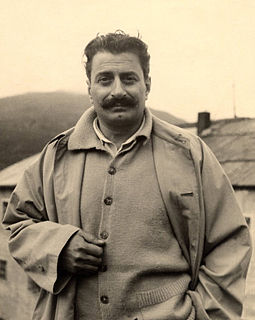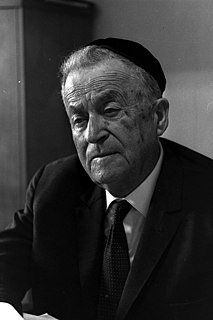A Quote by Giovannino Guareschi
You can't expect that, after a poor fellow has written a book, he should also understand it.
Related Quotes
Angus Deaton has written a wonderful book, The Great Escape: Health, Wealth, and the Origins of Inequality. . . . Deaton's book is a magisterial overview of health, income, and wealth from the industrial revolution to the present, taking in countries poor and rich. Not just jargon-free but equation-free, the book is written with a beautifully lucid style. . . . [P]owerfully argued and convincing.
I had written a book. For various reasons, the publishing industry had decided that my book was going to be 'important.' The novel had taken me 12-and-a-half years to write, and after being with the book for so long, I had no real perspective on the merits or demerits of what I had written. I hoped it was good, but feared that it wasn't.
I began writing books after speaking for several years and I realize that when you have a written book people think that you're smarter than you really are if I can joke. But it's interesting. People will buy your book and hire you without reading the book just because you have a book and you have a book on a subject that they think is of interest to themselves or e to their company.
Philosophy [nature] is written in that great book which ever is before our eyes -- I mean the universe -- but we cannot understand it if we do not first learn the language and grasp the symbols in which it is written. The book is written in mathematical language, and the symbols are triangles, circles and other geometrical figures, without whose help it is impossible to comprehend a single word of it; without which one wanders in vain through a dark labyrinth.
The process of writing a book is infinitely more important than the book that is completed as a result of the writing, let alone the success or failure that book may have after it is written . . . the book is merely a symbol of the writing. In writing the book, I am living. I am growing. I am tapping myself. I am changing. The process is the product.
My parents were only one part of my lineage. I also met a number of mentors, one of whom I nicknamed "Socrates" after the ancient Greek, and wrote about in my first book, Way of the Peaceful Warrior. That book emerged in 1980, as a result of travels around the world and decades of preparation, eventually leading to 15 other books written over the years, culminating in my newest offering, The Four Purposes of Life.
































